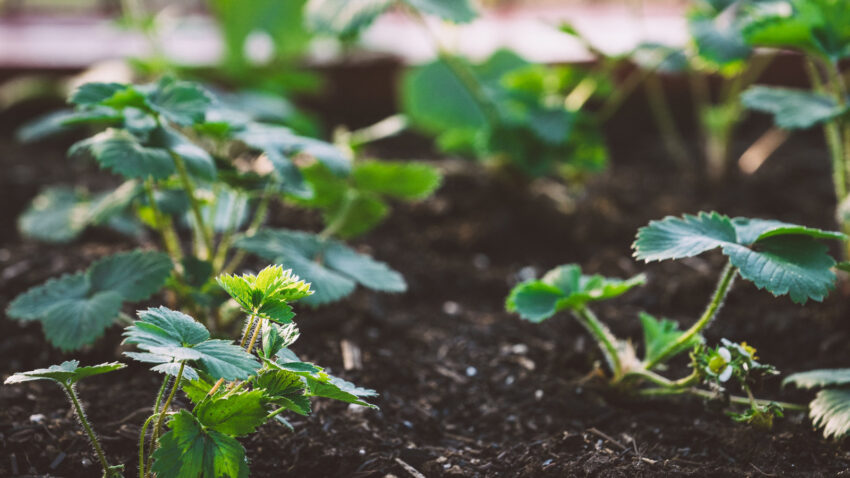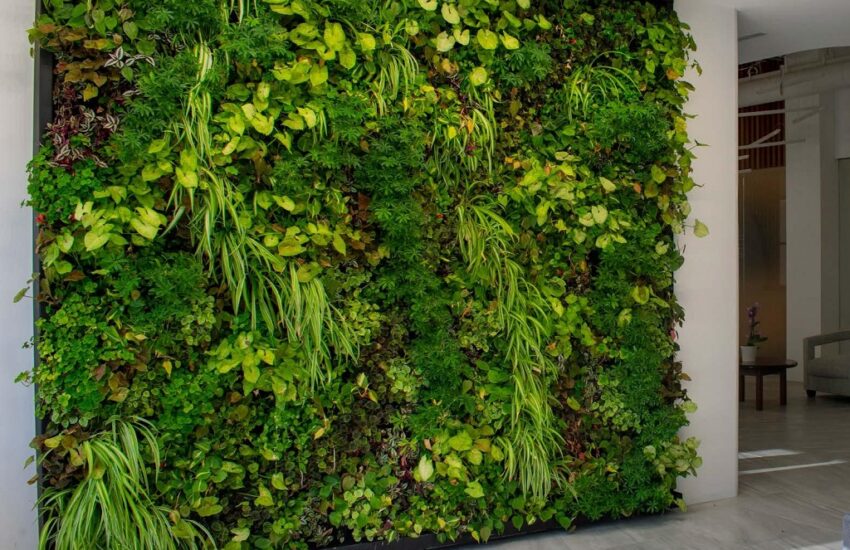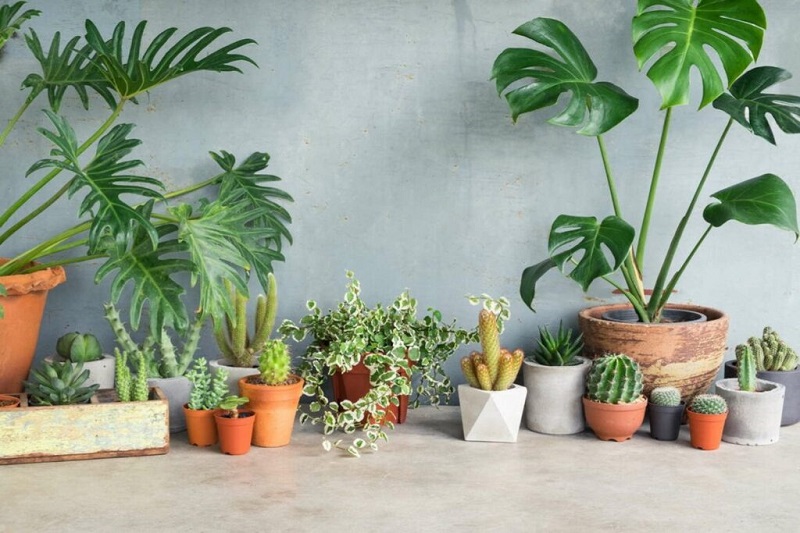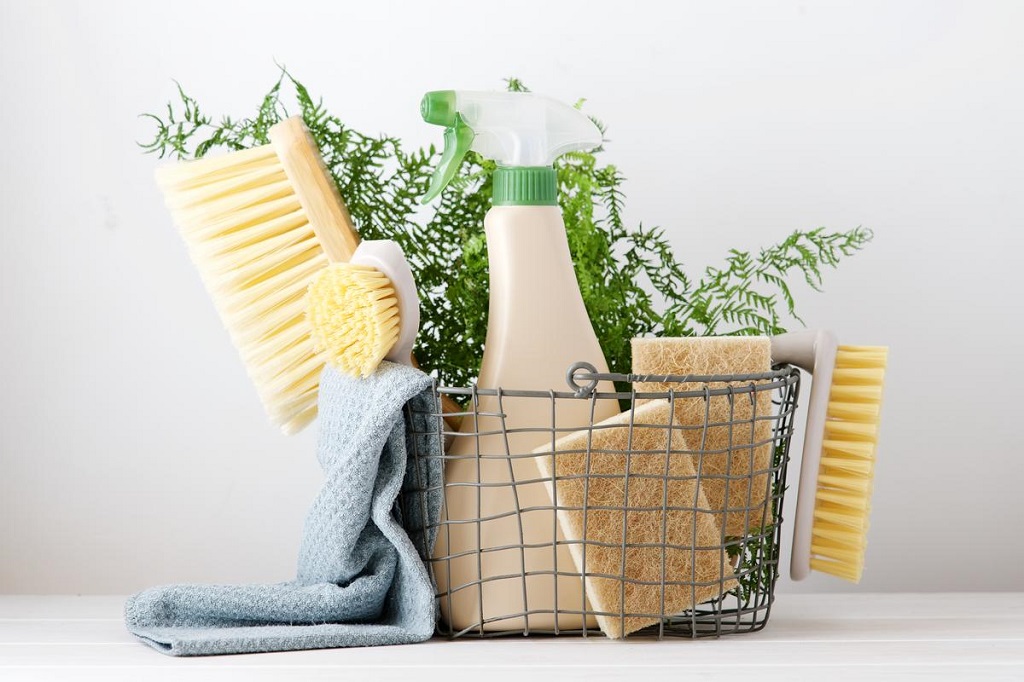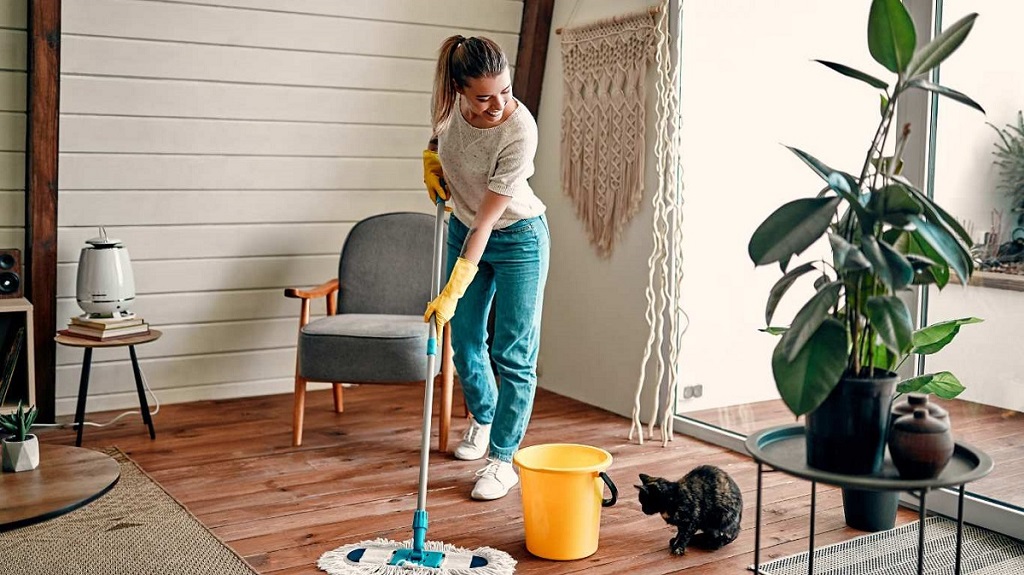Have you ever wondered how soil type affects your garden? What type of soil do you need to plant your garden and grow healthy vegetables? How does it affect the taste and texture of your garden’s produce?
If so, you are not alone. Most gardeners are curious about soil types and how they affect gardening. In this blog, we’ll cover all the basics of soil type – its types, benefits, and ways of testing it – as well as the secrets of the perfect soil for your vegetable garden that has been proven to work. We’ll tell you the secrets for growing your garden and tips to improve your soil that can help you grow delicious organic veggies at home.
What Type of Soil is Best for Planting Vegetables?
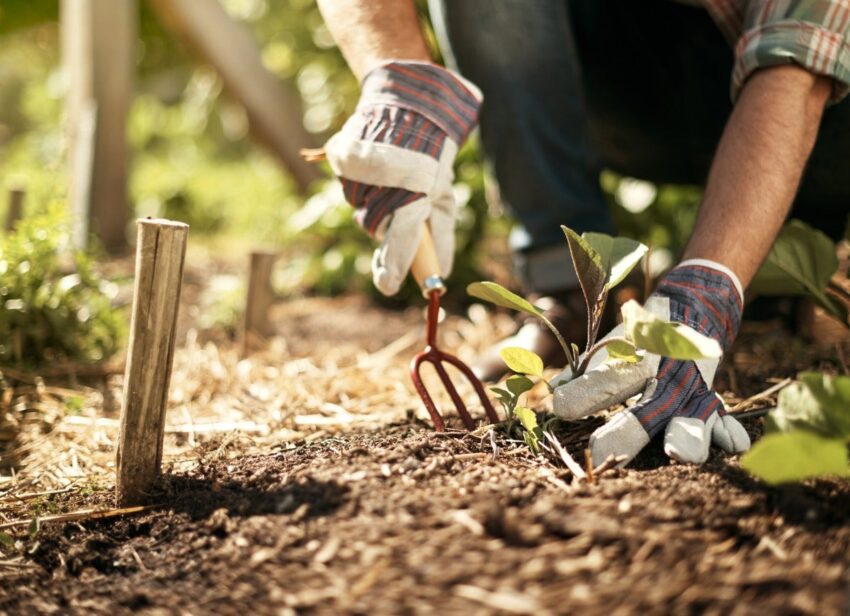
Organic vegetable garden soil is the ideal soil for growing vegetables as it provides a balance of sand, silt, and clay, as well as being rich in organic matter and nutrients such as nitrogen, phosphorus, and potassium. This soil type is also known as loam soil and is best when it has good drainage.
It’s easy to work with sandy soil but may lack nutrients, so you may need to add compost or organic matter to it. Clay soil retains moisture well but can be difficult to work with. Vegetable crops grow best in soils with a pH of 6.5-6.8 and may have difficulty accessing certain nutrients if the soil has a pH of under 5.5 or over 8.
Besides organic matter, amendments such as compost or manure can be used to improve the nutrient content of the soil. It is best to check the soil’s acidity levels before planting vegetables to ensure that they can access nutrients easily without burning the plant’s roots.
Types of Soil
Soil types can be divided into six basic types: loam, silt, clay, sand, silt-clay, and a mix of all three. Each type of soil has its own unique features and characteristics that affect the health of your garden.
Let’s take a closer look at each soil type. Loam soil is composed of organic matter, minerals, and organic matter. It is good for growing healthy vegetables because it provides good drainage and nutrient retention.
Silt soil consists of clay particles with organic matter mixed in. It is good for growing grassy crops as organic matter helps with nutrient availability and drainage.
Chalk soil is composed of small round-shaped particles of calcium carbonate. It provides good aeration to the soil as well as fertilizer nutrients and moisture retention.
Sandy soil is made up of small mineral particles that are rock-like in texture. It provides good drainage but lacks nutrients and organic matter.
Clay soil is made up of clay particles with plant matter mixed in. It provides excellent drainage but lacks nutrients and organic matter.
Improve Your Garden Soil
Improving garden soil wouldn’t be possible without organic matter. Manure compost, aged manure compost, and organic matter such as mulch are all organic materials that can be added to soil to help improve it and make it more nutrient-rich.
Organic matter helps the soil retain moisture, aerate the soil, and provide nutrients to the plant roots. This makes organic matter essential for healthy soil.
Managing garden soil pH levels is also important for maintaining good garden soil health. pH levels between 6.5 and 7.5 are ideal for most plants, so by using organic gardening practices and keeping your soil pH level between these levels you can ensure your garden is healthy and growing well.
Tilling garden soil can help with aeration and water-holding capacity, but it can also damage soil structure over time. Instead of tiling garden soil, consider organic gardening methods like planting cover crops or composting material to create healthy soil that is rich in nutrients for your plants.
Test Your Soil for Success
An easy and fast way to assess soil condition is to pour water onto it and observe the rate at which it drains. A soil test can be carried out using a soil test kit, which measures primary nutrients (N-P-K) and pH levels, helping to determine precise soil conditions and enabling more effective, economical fertilization. Using a soil test kit also allows for targeted nutrient fertilizer applications, which can provide the best results in your garden.
A professional soil test can be carried out by local Cooperative Extension Services to measure soil pH, magnesium, phosphorus, calcium, potassium, and nitrogen content. This provides an accurate assessment of soil health and provides information about any nutrient deficiencies or excesses that may be present.
A soil test is a valuable tool for gardening success, but it should not be viewed as an essential component of gardening. Instead, it should serve as a guide that helps you identify your garden’s nutrient needs and identify potential issues with your garden’s structure or organic matter content.
What Makes Soil Types Different?
Soil is a mixture of soil matter, organic matter, minerals, and microorganisms. Soil types vary based on the soil’s texture, organic matter content, pH, and nutrient availability. The soil types are sandy soil, loam soil, clay soil, composted manure soil, and peat soil. Soil types can be used to describe how well they hold moisture and nutrients or how good they are at draining water or resisting compaction.
Soil pH ranges from acidic to alkaline and most plants thrive in moderately acidic soil (pH of 6-7). The type of organic matter in the soil affects its acidity or alkalinity. Sandy soil is acidic and clay soil is alkaline. The organic matter in loam soil offsets the acidity of sandy soil.
All soils have different nutrient content with sandy soils containing more nitrogen and clay soils containing more phosphorus and potassium. The type of organic matter in composted manure soils can help balance nitrogen levels. Water quality also varies among soils. Generally, sandy soils are good for growing crops that need access to water such as tomatoes and beans while clay soils are good for crops that do not require moisture such as corn and wheat.
Conclusion
Soil types are important to test and understand because they influence the structure of your soil, nutrient levels, plant growth, and structure. They can also affect the type of vegetable crops that grow best in your garden. If your soil is acidic, you might want to consider organic matter such as manure to add organic matter to your soil. Likewise, if your soil is nutrient-depleted, you might want to incorporate fertilizer into your soil. Test your soil types to get the best results for growing healthy vegetable crops. Comment below if we have sparked some interest in gardening!
You may like to read Get Ready to Feel the Difference: Window Insulation

